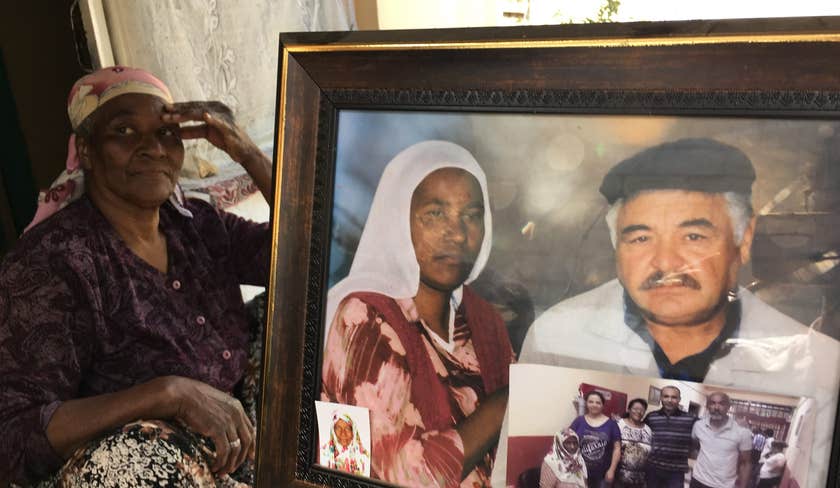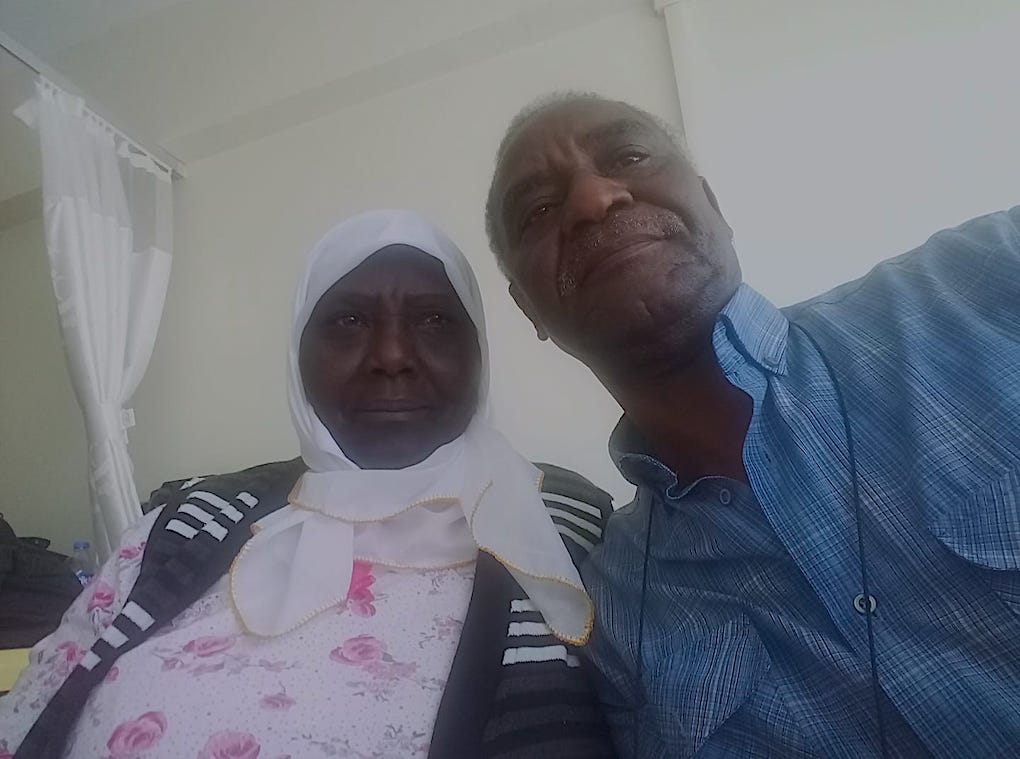When protests spread from Minneapolis to global communities against the killing of George Floyd, Afro-Turks joined in the global outrage to condemn police brutality in the United States. Like so many other countries, George Floyd’s murder forced many countries to come face to face with its own racist problems, and Turkey is no different.
Turkey is home to many ethnic and religious minorities and except for celebrities and athletes, the Afro-Turk community – numbering tens of thousands – is largely invisible.
“There’s not a lot of brotherly relations between Afro-Turks and other Turks,” Sakir Doguluer, president of the Afro-Turk Association told the Independent.
Doguluer is a resident of the Turkish city Izmir along the Aegean coastline where the descendants of Ottoman-era slaves, also known as Afro-Turks, call home.
“We get discrimination because of our skin color. It’s because there are not Afro-Turks all over Turkey, people who don’t realize we are here, get surprised. They look at us and laugh. They point at us and laugh,” he adds.
It was in the 1800s that hundreds of thousands of slaves were brought from the East African coast to the Ottoman Empire. Many slave families were sent to work on the cotton fields near the port of old Smyrna also known as modern-day Izmir.
Yet, some historians have found evidence of Black slaves dating as far back as the 14th century. Turkey didn’t formally end slavery until 1933.

Turkish census makes it hard to pinpoint how many Afro Turks are living in Turkey because ethnicity is not asked on the Turkish census. Doguluer estimates anywhere from 25,000 to 100,000 Afro Turks are living in Turkey.
Unfortunately, little knowledge of this African heritage remains.
“The first generation suffers, the second generation denies and the third-generation questions,” are the opening lines of Mustafa Olpak’s book “Kenya-Crete-Istanbul: Human Biographies from the Slave Coast. It’s known as the first and the last autobiographical and introspective study of Turkey’s declining Black minority.
Olpak, an Afro-Turkish writer and activist, coined the term Afro-Turk and founded the movement to help resurrect their identity. He died in 2016.
For Doguluer, who took over when Olpak died, he’s continuing the legacy to make sure Afro-Turks are seen and heard.
“We walk with pride, whereas previously we were timid, worried people would make comments. I realized this was a mistake. As people learn more about us, we are met with greater understanding,” he stated.
